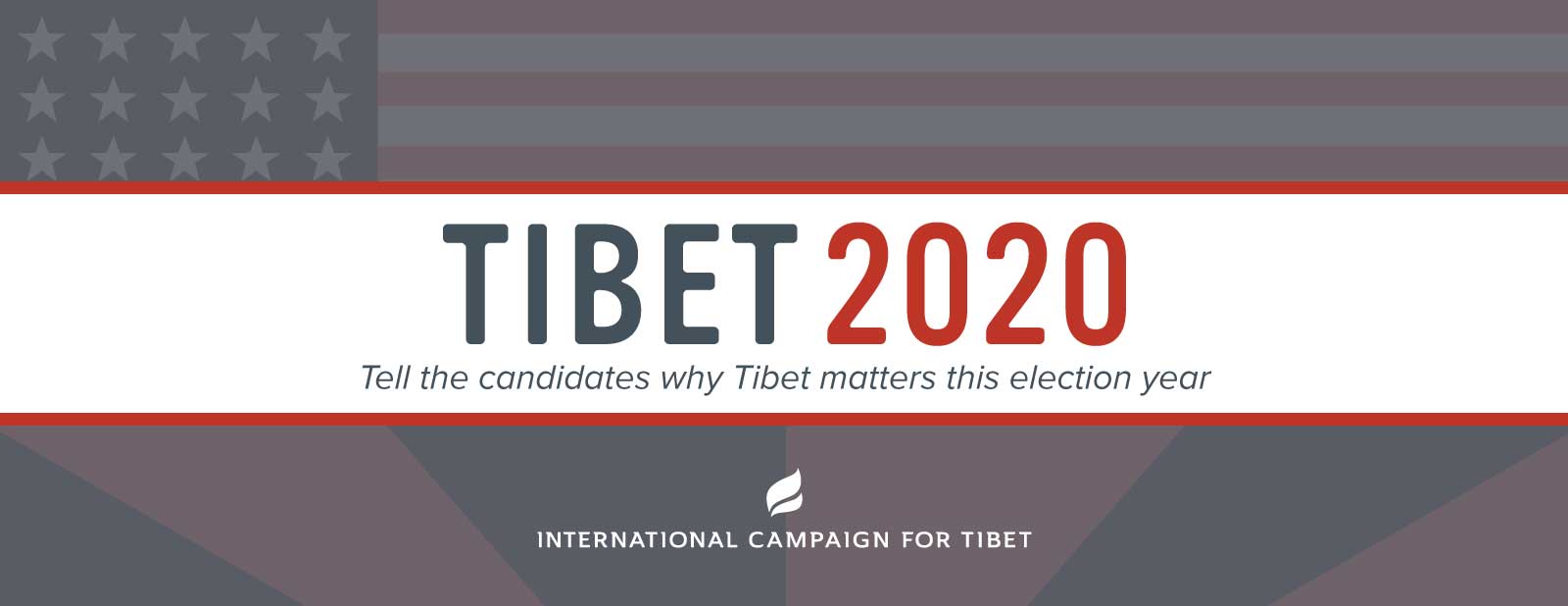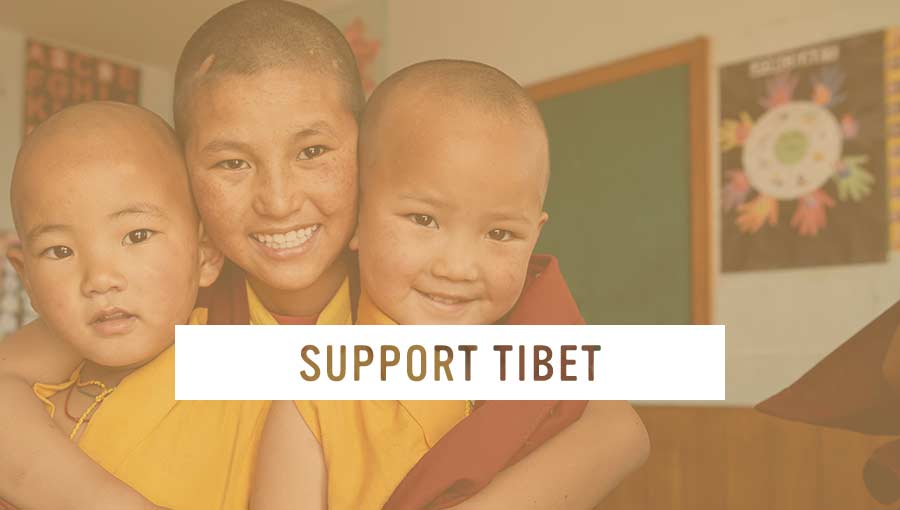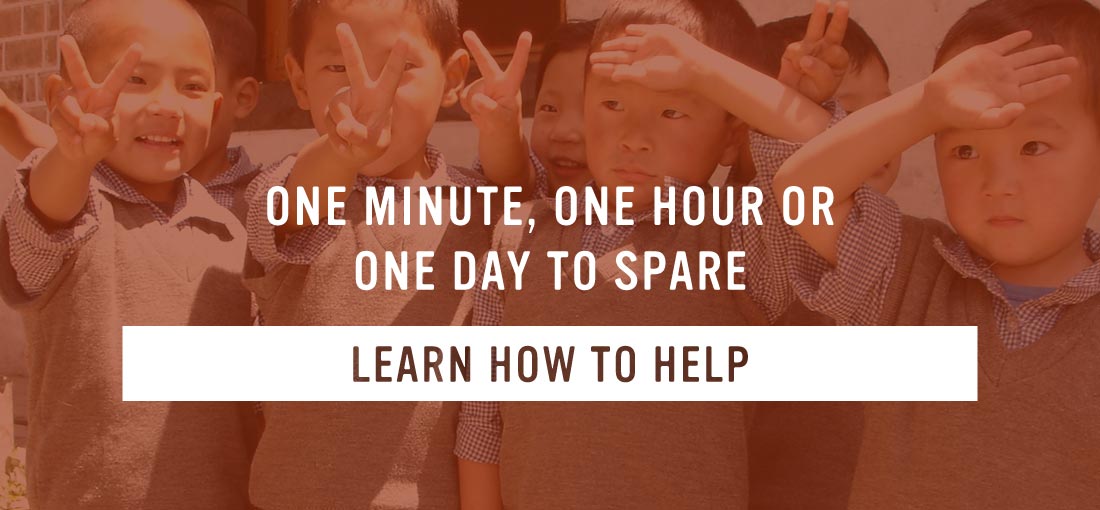
GET INVOLVED
Add your name, and we’ll send your message to the DNC and RNC, asking them to:
• Include Tibetans’ religious freedom, water resources, human rights and access to the outside world in their official platforms
• Appoint a Special Coordinator for Tibetan Issues in the State Department, as the Tibetan Policy Act requires
• Support a nonviolent end to decades of oppression in Tibet through negotiations between the Chinese government and the representatives of the Dalai Lama
BUILD ON MOMENTUM
2020 has already been a banner year in support for Tibet from both parties.
- In January, the House of Representatives overwhelmingly passed the bipartisan Tibetan Policy and Support Act
- In July, the State Department imposed visa restrictions on Chinese officials under the bipartisan Reciprocal Access to Tibet Act
- Throughout the coronavirus pandemic, Americans of every political persuasion have turned to the Dalai Lama and Tibet’s ancient culture of wisdom for support and inspiration
We must build on that momentum for the rest of 2020 and beyond.
“I urge you to raise your voice on behalf of the Tibetan people to tell the future president that promoting peace and freedom in Tibet is a strategic interest of the United States, and a vital part of a vision that respects human rights that promotes peaceful co-existence.”
—ICT President Matteo Mecacci
2020 has already been a banner year in support for Tibet from both parties.
- In January, the House of Representatives overwhelmingly passed the bipartisan Tibetan Policy and Support Act
- In July, the State Department imposed visa restrictions on Chinese officials under the bipartisan Reciprocal Access to Tibet Act
- Throughout the coronavirus pandemic, Americans of every political persuasion have turned to the Dalai Lama and Tibet’s ancient culture of wisdom for support and inspiration
We must build on that momentum for the rest of 2020 and beyond.
“I urge you to raise your voice on behalf of the Tibetan people to tell the future president that promoting peace and freedom in Tibet is a strategic interest of the United States, and a vital part of a vision that respects human rights that promotes peaceful co-existence.”
—ICT President Matteo Mecacci
PARTIES’ PAST SUPPORT
In prior presidential elections, both parties voiced support for Tibet in their platforms.
- Republican platform, 2016: “[C]ultural genocide continues in Tibet and Xinjiang, the promised autonomy of Hong Kong is eroded, the currency is manipulated, our technology is stolen, and intellectual property and copyrights are mocked in an economy based on piracy.”
- Democratic platform, 2016: “We will promote greater respect for human rights, including the rights of Tibetans.”
- Democratic platform, 2012: “We will consistently speak out for the importance of respecting the universal human rights of the Chinese people, including the right of the Tibetan people to preserve their cultural and religious identity.”
- Republican platform, 2012: “The Chinese government has engaged in a number of activities that we condemn: China’s pursuit of advanced military capabilities without any apparent need; suppression of human rights in Tibet, Xinjiang, and other areas.”
In prior presidential elections, both parties voiced support for Tibet in their platforms.
- Republican platform, 2016: “[C]ultural genocide continues in Tibet and Xinjiang, the promised autonomy of Hong Kong is eroded, the currency is manipulated, our technology is stolen, and intellectual property and copyrights are mocked in an economy based on piracy.”
- Democratic platform, 2016: “We will promote greater respect for human rights, including the rights of Tibetans.”
- Democratic platform, 2012: “We will consistently speak out for the importance of respecting the universal human rights of the Chinese people, including the right of the Tibetan people to preserve their cultural and religious identity.”
- Republican platform, 2012: “The Chinese government has engaged in a number of activities that we condemn: China’s pursuit of advanced military capabilities without any apparent need; suppression of human rights in Tibet, Xinjiang, and other areas.”




